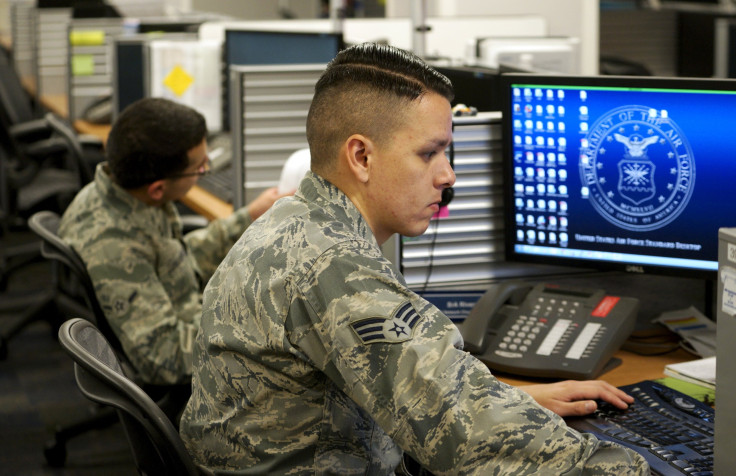US Cyber Command Building Automated 'Scorecard' System To Stay Ahead Of Hackers, Cyberattacks

The U.S. Cyber Command is building an automated defense "scorecard" system to protect the military's computer networks from cyberattacks, the force's deputy commander said Thursday. The system is designed to proactively circumvent attacks by pointing out vulnerabilities in the military's networks before outsiders can exploit them.
The U.S. Cyber Command, which centralizes all of the military's networks, is hoping the system also will be able to pinpoint and respond to cyberattacks instantly, said Lt. Gen. Kevin McLaughlin, according to a Reuters report. McLaughlin was speaking at the annual Billington Cybersecurity Summit in Washington.
It follows a report released by the Pentagon earlier this year that found nearly all major U.S. weapons system are susceptible to cyberattack. The new system also comes after a barrage of cyberattacks against the U.S. government that have been reported to have come from China and Russia this year.
In June, for example, the Department of Homeland Security announced that the U.S. Office of Personnel Management and the Interior Department had both been breached. The culprit is believed to be China, and as a result, the White House is considering placing sanctions against China. This week President Barack Obama warned that state-sponsored industrial espionage will be consider an "act of aggression."
The system's initial aim will be to offer additional protection to the military's most vulnerable systems, which include weapons systems implemented decades ago and before the threat of cyberattacks were fully realized. "There’s probably not enough money in the world to fix all those things, but the question is what’s most important, where should we put our resources as we eat the elephant one bite at a time," McLaughlin said.
© Copyright IBTimes 2024. All rights reserved.












